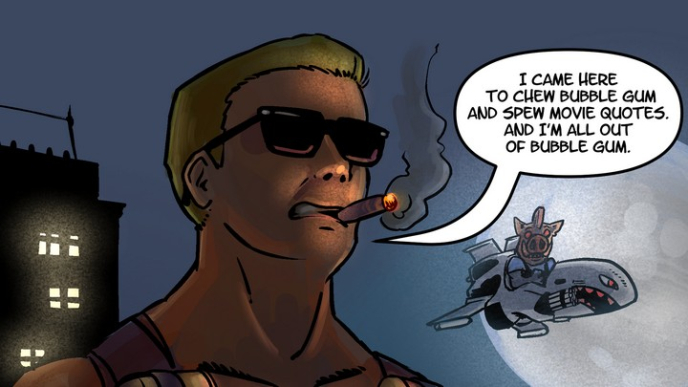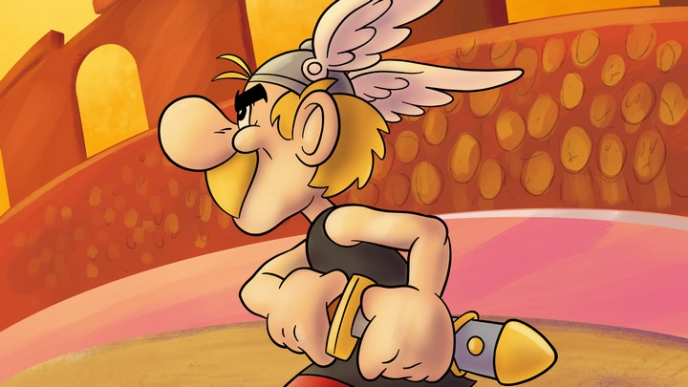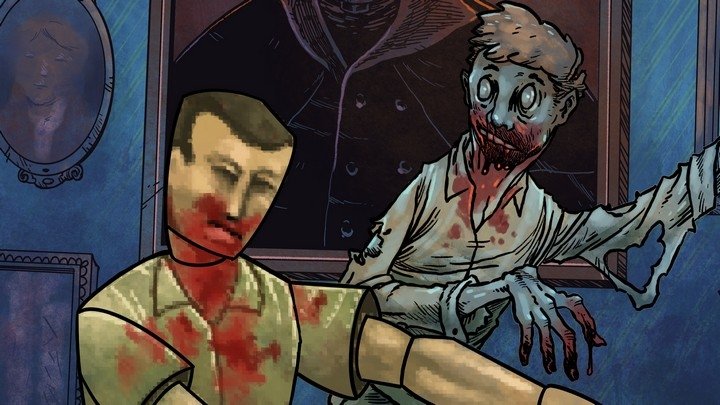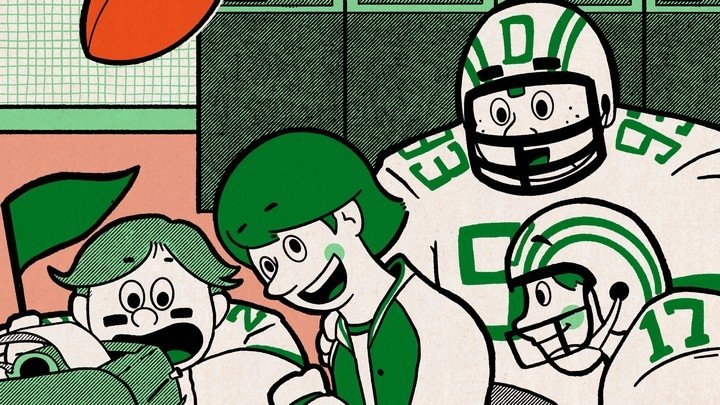Happy Sonic 2sday (almost)
It's been 25 years, more or less, since we hit Peak Sonic.
Today marks the 25th anniversary of one of the biggest video game releases of all time: SEGA's Sonic the Hedgehog 2 for Genesis and Mega Drive. The game made its initial debut on Nov. 21, 1992 to immense acclaim and enthusiasm. The first Sonic the Hedgehog had cemented SEGA's status as a true threat to Nintendo's near-decade of first-party dominance, and the company wisely recognized the marketing potential inherent in its sequel. Their solution: The creation of "Sonic 2sday," wherein the game would launch across America on the Tuesday immediately preceding Thanksgiving 1992… which, by definition, meant it arrived right before the biggest shopping day of the year.
Sonic 2, on Tuesday. Sonic 2sday. Get it? What? Well, yes, this did in fact happen during the same decade that gave us the word "X-treme" because leaving that initial E in "extreme" didn't seem sufficiently, you know, extreme. Why do you ask?
One note, though. Today may be Sonic 2's 25th anniversary, and it's a Tuesday, but technically speaking the 25th anniversary of Sonic 2sday itself falls this Friday, not today. Sonic the Hedgehog 2 launched in Japan slightly before Americans celebrated Sonic 2sday. The game hit the Japanese Mega Drive on Nov. 21, 1992, which was a Saturday. Saturdays had become a standard release date for major game titles in Japan ever since the kerfluffle about kids skipping school to buy Dragon Quest III in 1990.
Sonic 2 showed up in the U.S. three days after its overseas launch, on Nov. 24… which was, of course, a Tuesday. A three-day gap was negligible in those days, and no one felt slighted by the minor difference in debut dates. The Internet barely existed back then — the World Wide Web had only seen its most basic deployment the preceding year — so it's not like Japanese fans were spoiling the game for Americans by revealing its ending on Twitter or uploading YouTube videos of the final stages. If anything, it was remarkable to see a game launch across all regions within three days of each other (the European version also hit shops on Nov. 24, the same day as its U.S. premiere). Such coordinated releases rarely happened in those days. Heck, it took nearly a year and a half for Super Mario Bros. 3 to make its way to the U.S. after its Japanese launch — a delay so profound Nintendo had time to bankroll a Hollywood feature film to promote the game between its debut in the different regions.

But then, things were different at SEGA than they'd been at Nintendo. With Nintendo, the Japanese office was (and remains) firmly in the driver's seat. After the success of the original Sonic and other Genesis games in the West, though, SEGA of America secured a sizeable foothold in the U.S., which gave the overseas branch a lot more clout than you typically saw with Japanese game publishers. This power "imbalance" would contribute to the company's implosion a few years later, as the Japanese and American offices made a string of stupid, contradictory power-play decisions that would erode the company's mind and market share. But in November 1992, SEGA's two-pronged leadership turned Sonic 2 into the single biggest event the young games industry had yet seen: A near-simultaneous global launch for the sequel to the hottest new game property of the decade.
Realistically, there was no reason Sonic 2 couldn't have simply launched the same day worldwide. Saturdays had become pretty well established as the day for major game releases in Japan, but outside of Japan launch dates didn't really exist as such for video games. Nintendo Power or EGM would list a month a game was expected to show up; sometimes it actually would. Most U.S. retailers still classed games as toys, and they distributed and shelved them as such. A new game would show up at retail not only whenever the heck it shipped, but also whenever the heck a retailer decided to put it out on shelves. During the NES days, I frequently got a jump on picking up new releases over my friends thanks to having an aunt who worked in the warehouse at the local Best Products. She was able to snag fresh new NES games for me the moment they came off the truck — games that sometimes sat in the stock room for days or even weeks before making their way to shelves.

Sonic 2sday changed that. Suddenly, here was a game with a fixed retail date and stern "do not sell before" warnings all over the box, like with hot music and movie releases. And it was a desirable enough game — and one released just in time for the biggest shopping day of the year! — that no retailer was going to sit on their Sonic 2 stock until they felt like casually rolling it out. In other words, SEGA introduced the concept of the video game release date to America and Europe, and the rest of the industry quickly followed suit. Two decades later, most games still launch on Tuesdays. Midway tried their luck with "Mortal Monday," but no: Tuesdays have stuck. And we ended up with Tuesday as the lucky day of the week simply because it offered a catchy portmanteau with the title of the game.
Well, that's usually true… except for this Tuesday, it seems. There's very little of note arriving at retail today. Everyone bumped their big releases (e.g. Star Wars Battlefront II, Pokémon, Skyrim VR) ahead to last Friday. It's no longer enough to get into stores a couple of days before Black Friday, it seems. Like the holiday shopping season, Black Friday-baiting game releases keep creeping ahead, earlier and earlier each year. But this isn't the norm, at least not yet. Outside of oddball occasions like this, Sonic 2sday's influence continues to reverberate in gaming.
Oh, and the game itself is still pretty great. Not only was it a technical showcase for the Genesis (so, happy 25th anniversary as well, "Blast Processing"), it has some of the best level design of the Sonic series, introduced Sonic's co-op pal Tails, and gave us the Spin Dash. Everyone has a different favorite classic Sonic game — the original, Sonic 2, Sonic 3 and/or Knuckles, Sonic CD, Sonic Mania — so proclaiming any single Sonic game the definitive best would be as moronic as trying to write a definitive ranking for the core Mario games. But whatever your personal rankings, Sonic 2 belongs up near the top.

If nothing else, Tails' real name, Miles Prower, is one of the most exquisite canonical dad jokes in all of video gaming. That right there is worthy of canonization.




